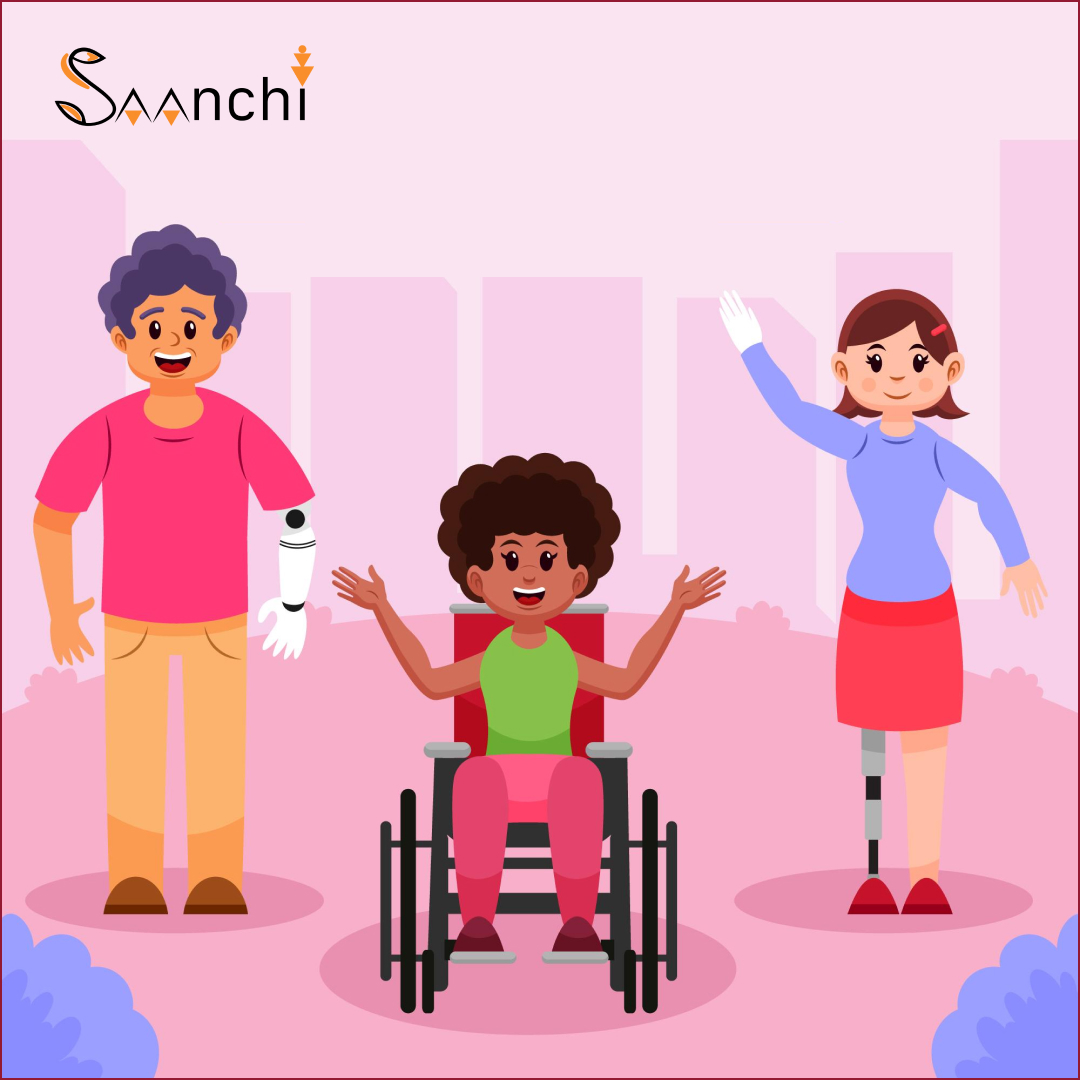Specially-abled children are unique in their abilities, aspirations, and challenges. Their needs go beyond the basic educational and developmental requirements, often encompassing emotional, physical, social, and psychological aspects. To provide the best support, understanding the needs of specially-abled children is vital. This blog will explore their unique needs and how we, as a society, can create an inclusive and supportive environment for them.
What Does It Mean to Be Specially-abled?
Specially-abled children refer to those who experience physical, intellectual, emotional, or developmental challenges. These can include autism spectrum disorder, Down syndrome, cerebral palsy, hearing or visual impairments, and learning disabilities. While their needs vary widely, the underlying principle is to recognize and celebrate their abilities rather than focusing solely on their disabilities.
Educational Needs of Specially-abled Children
One of the primary needs of specially-abled children is access to education tailored to their learning styles.
- Individualized Learning Plans (ILPs):
Personalized approaches ensure children learn at their own pace. ILPs focus on leveraging strengths while addressing areas of difficulty. - Inclusive Classrooms:
Integrating specially-abled children into mainstream classrooms fosters acceptance, socialization, and mutual respect. - Specialized Tools and Technologies:
Assistive devices like screen readers, speech-to-text software, and adaptive keyboards empower children to overcome learning barriers. - Qualified Educators:
Teachers trained in special education can better address the unique challenges of specially-abled children.
Physical and Emotional Needs of Specially-abled Children
The physical and emotional well-being of specially-abled children is just as important as their education.
- Therapies for Physical Development:
- Physical Therapy: Improves mobility and motor skills.
- Speech Therapy: Enhances communication abilities.
- Emotional Support:
- Specially-abled children may face anxiety or self-esteem issues. Providing a nurturing environment where they feel valued is crucial.
- Health and Nutrition:
- Tailored diets and regular medical check-ups ensure their physical health.
- Play and Recreation:
- Play helps develop social skills, teamwork, and emotional balance. Adaptive sports and inclusive games are excellent outlets for specially-abled kids.
Social and Community Needs of Specially-abled Children
Social integration is essential for specially-abled children to feel included and valued.
- Peer Support:
Opportunities to interact with peers, both specially-abled and neurotypical, build confidence and foster friendships. - Community Awareness:
Educating the community about disabilities promotes understanding and reduces stigma. - Accessible Infrastructure:
Public spaces, schools, and recreational facilities should be wheelchair-accessible, have clear signage, and accommodate various disabilities. - Extracurricular Activities:
Participation in art, music, or sports helps children discover their passions and talents.
Parental and Caregiver Support
Parents and caregivers play a pivotal role in supporting specially-abled children.
- Emotional Resilience:
Parenting specially-abled children requires patience, empathy, and a positive outlook. - Knowledge and Training:
Access to workshops, seminars, and support groups can empower caregivers to handle challenges effectively. - Balancing Responsibilities:
It’s essential for caregivers to prioritize their own mental health while attending to the needs of their children. - Advocacy:
Parents should actively advocate for their child’s rights, whether in school systems, healthcare, or public policies.
How Society Can Support Specially-abled Children
A supportive society can bridge gaps and ensure these children achieve their full potential.
- Policy Implementation:
Governments should enforce policies that promote inclusivity, provide financial assistance, and ensure equal opportunities. - Awareness Campaigns:
Hosting events and workshops to educate the public about disability inclusion is vital. - Collaborative Efforts:
NGOs, schools, and healthcare providers must work together to create holistic support systems.
The Role of DDWO in Supporting Specially-abled Children
DDWO is committed to making a difference in the lives of specially-abled children by offering resources, support, and a platform for advocacy. From providing guidance to caregivers to creating awareness campaigns, DDWO ensures that the unique needs of these children are met with compassion and dedication. By promoting inclusivity, empowering families, and fostering acceptance, DDWO takes a significant step toward building a brighter, more inclusive future for specially-abled children.
Conclusion
Understanding the needs of specially-abled children goes beyond acknowledging their disabilities. It involves recognizing their potential, providing tailored resources, and creating an environment where they feel valued. With the right support system, these children can lead fulfilling lives and contribute meaningfully to society. Let’s commit to fostering an inclusive world where every child, regardless of their abilities, thrives.


